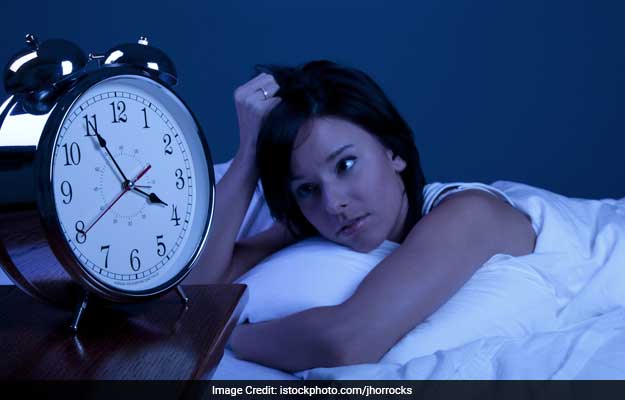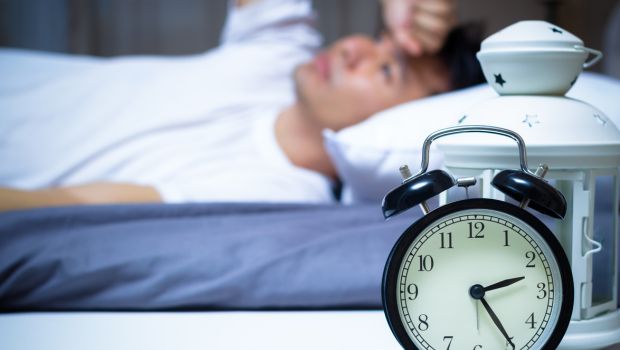Experts discovered about this gene mutation while studying the skin cells of people with DSPD. The circadian clock responds to external environmental cues, so it is possible for people to manage the effects of the mutation on sleep.
"Carriers of the mutation have longer days than the planet gives them, so they are essentially playing catch-up for their entire lives," said lead author Alina Patke.

Photo Credit: iStock
People who experience difficulty falling asleep at night are often diagnosed with delayed sleep phase disorder (DSPD) - where a person's circadian ryhthm is delayed from the typical day/night cycle. Mutation in CRY1 is often tied to the development of DSPD which affects up to 10 per cent of the population.
DSPD may keep people from falling asleep at night. Sometimes sleep comes so late that it fractures into a series of long naps. They also have trouble conforming to societal expectations and morning work schedules, which leads to anxiety, depression, cardiovascular disease, and diabetes.
"An external cycle and good sleep hygiene can help force a slow-running clock to accommodate a 24-hour day," Patke said.Inputs from PTI
(This story has not been edited by NDTV staff and is auto-generated from a syndicated feed.)







